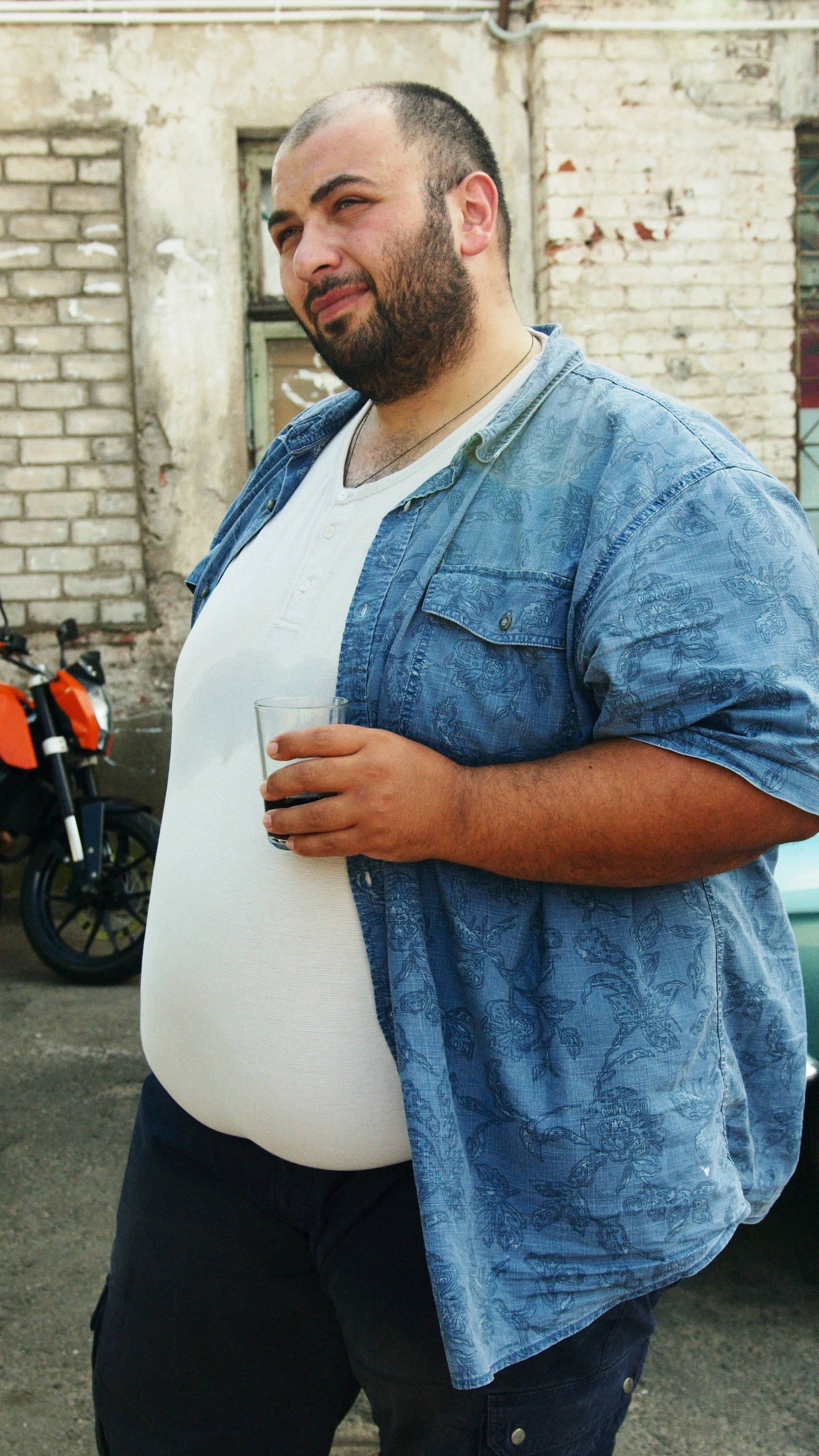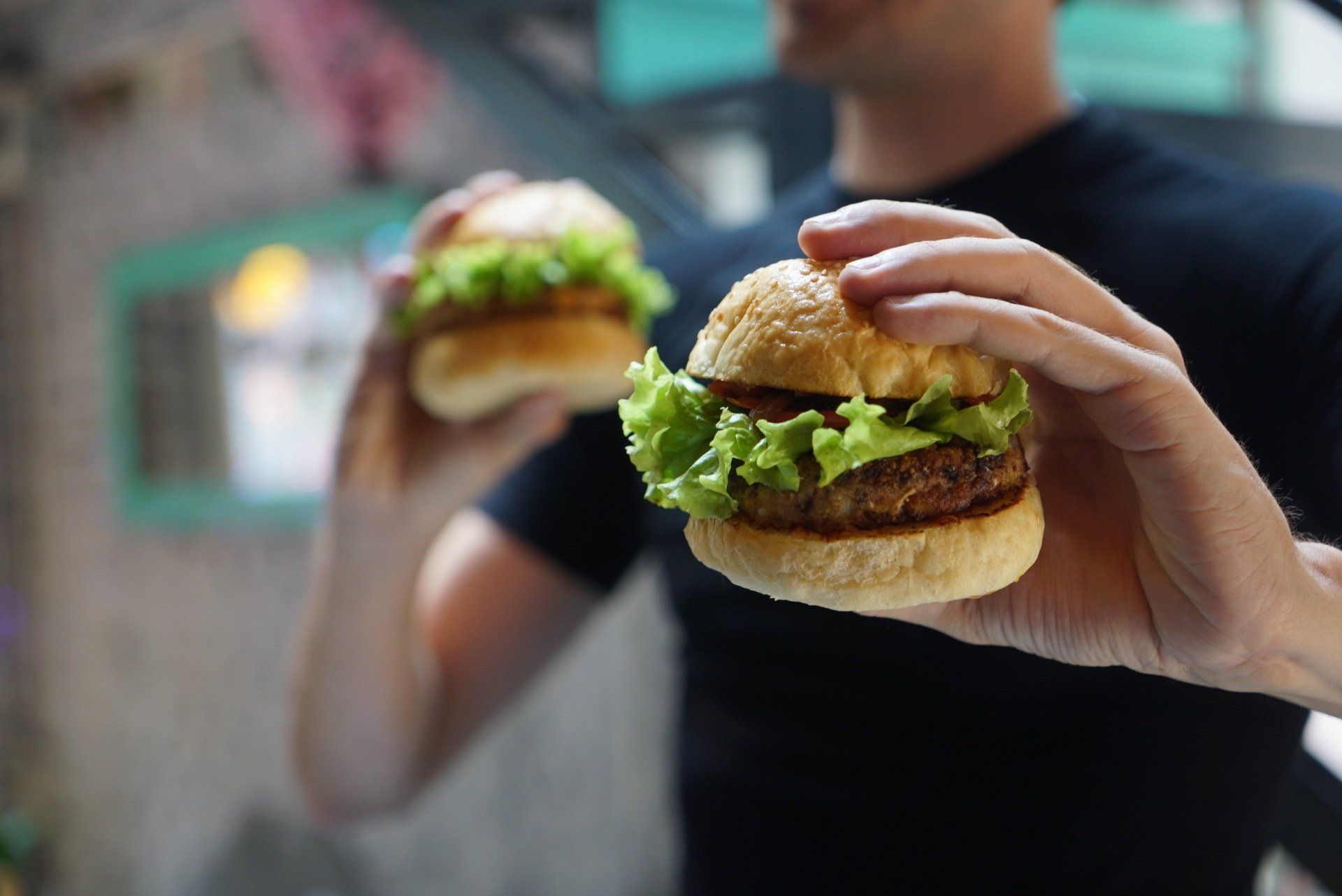Mindful Eating Habit: Don't Multi-Task
In this lesson, you’re going to learn how the brain decides to stop eating when you’re not paying attention.
Let’s begin with a review. There are two triggers that make the brain WANT to stop eating. The first is sensory specific satiety. Because taste buds adapt to flavors quickly, we get less pleasure with each bite, until we get no pleasure at all.
The second is alimentary allisthesia. A fancy way of saying you’re physically full.
Both these triggers are considered INTERNAL cues because the signals to stop are coming from INSIDE your body.
But what happens if you ignore those internal cues? Then the brain looks OUTSIDE of the body for signals it could use to stop eating. For example...
How Not To Eat Mindfully
If you eat while watching TV your brain’ll say oh, I know! I’ll stop eating when the program is over.
If you snack out of a bag your brain says, oh, I know, I’ll stop when the bag is empty.
And on it goes…
If the portion is big you’ll stop when it’s finished.
If you eat with other people you’ll stop when they do.
If there’s food on the plate you’ll stop when it’s gone.
Using ANY of these visual, or what scientists call external cues, guarantees overeating and weight gain. This is why it’s so important not to multi-task when you’re eating.
INTUITIVE EATING HABITS
Since you’re not paying attention to internal satiety cues like sensory specific satiety or alimentary alliesthesia…you’ll pay attention to external cues, like the TV. And when you do that you will eat more, eat faster, eat longer--and gain weight.
Never multi-task when you eat. If there are times when you don’t have a choice, you can mitigate some of the danger by doing this:
Never eat out of a bag or container.
If you’re eating Take out, don’t eat it out of the box. Put a small portion on a plate. If you want more, that’s fine, but get up and get it. Trust me, you’ll eat a lot less.
I can sum up decades of research on distracted eating in one sentence: The more distracted you are the more food you’ll eat. Period. Whether you’re hungry or not.
Ok, so we know we can stop overeating by paying mindful attention to internal cues. But, you now what? that can also be a challenge.
How many times have you misinterpreted your own feelings of fulness and ended up overeating when you didn’t mean to?
We’re going to solve that problem in the next post!










